Menu

As your 21-month-old approaches turning two, you might find yourself amazed by the person they’re becoming, perhaps wondering where your baby went. At this age, toddlers are full of energy, experiencing strong emotions, and beginning to assert independence.
Taking care of a 21-month-old can feel like a rollercoaster, but our guide to their development can help you understand what to expect, which milestones to keep an eye on, and how to handle issues like picky eating and nighttime crib escapades.
If your baby has not attained some milestones mentioned in the development charts, there is nothing to worry about. Every child is different, and it is best to let them develop at their own pace. While some babies remain ahead of the milestones, others reach them a little later. Each of these situations is perfectly normal.
As your little one enters their 21st month, they are developing rapidly and exploring and learning new things daily with curiosity. As a parent, it is essential to support and guide them through this stage of development.
On average, at 21 months old, girls typically weigh around 24.9 pounds and measure approximately 32.9 inches in height. For boys of the same age, the average weight is about 25.5 pounds, with an average height of around 33.5 inches. Remember, these are just averages, and individual children’s weight and height development may vary.
At 21 months old, your child’s language skills rapidly develop, but they may still struggle to communicate everything they want, leading to tantrums. It’s important to be patient and understanding during these outbursts.
During your child’s upcoming 2-year-old checkup, the paediatrician will likely ask questions about your toddler’s behaviour to assess for signs of autism. However, if you have any concerns before then, don’t hesitate to discuss them with the doctor. Autism can be detected as early as 18 months, so early intervention is key.
Around this age, your child may start seeking approval from you. They’ll become more aware of your reactions to their behaviour. It’s crucial to reinforce positive behaviours by expressing approval and praise when they behave well. Similarly, gently communicate disapproval when they misbehave, helping them learn appropriate behaviours.
Mealtime is significant for a 21-month-old, but it’s best not to make a fuss about it. Avoid conflicts or lectures if your child refuses certain foods like green beans. Instead, provide healthy options and let them make their choices. Offering praise for making good choices can be beneficial.
Children between the ages of one and two should follow a meal pattern similar to adults, with three or four meals and two snacks each day. It’s important to offer a variety of foods from all food groups—vegetables, fruits, grains, protein, and dairy—daily to ensure they receive a balanced diet.
At 21 months old, most children should drink whole milk, as the fat content is crucial for brain development and requires vitamin D for strong bones. When they reach age 2, switching to 1 per cent or skim milk is recommended. Paediatricians advise that children aged one to three consume 700 mg of calcium daily. If your child doesn’t get enough calcium from other sources, they may need about three 8-ounce cups of milk daily. Adjust their milk intake accordingly if they consume other calcium-rich foods in their diet.
Explore a variety of foods: Provide a balanced diet that includes fruits, vegetables, grains, protein, and dairy to ensure your child gets all the nutrients they need for healthy growth and development.
Be patient with picky eating: Toddlers are often picky eaters, so don’t stress if they refuse certain foods. Keep offering various options and encouraging them to try new things but avoid forcing or pressuring them to eat.
Get creative with presentation: Experiment with different cooking methods and presentations to make meals more appealing to your child. Fun shapes, colours, and textures can make food more enticing.
Offer finger foods: Allow your toddler to feed themselves with finger foods to encourage independence and fine motor skills development. Foods like cut-up fruits, vegetables, cheese, and small pieces of cooked pasta or meat are ideal for little fingers.
Involve your child in mealtime: Let them help with meal preparation by allowing them to wash vegetables, stir ingredients, or set the table. Involving them in the process can increase their interest in trying new foods.
Be a role model: Set a good example by eating various healthy foods yourself. Children often mimic their parent’s eating habits, so showing enthusiasm for nutritious foods can encourage your child to do the same.
Offer healthy drinks: Encourage your child to drink water throughout the day to stay hydrated. Limit sugary drinks like juice or soda, and avoid giving them to your child before meals, as they can fill up on liquids and be less hungry for food.
Stay relaxed and positive: Mealtime should be a positive and enjoyable experience for both you and your child. Avoid making mealtimes stressful by staying relaxed, praising good eating habits, and focusing on the quality of your interactions rather than the quantity of food eaten.
On average, most 21-month-olds require approximately 11 to 12 hours of sleep during the night. Additionally, they typically benefit from a daytime nap ranging from 1.5 to 3 hours in length. This amounts to around 13 to 14 hours of sleep per day. Establishing a consistent bedtime routine and creating a comfortable sleep environment to support your child’s sleep needs is essential.
Nightmares and night terrors can occur in children as young as six months old, with nightmares often peaking between 3 and 12 years old. Nightmares are scary dreams that may cause children to wake up afraid and have trouble falling back asleep. When comforting a child after a nightmare, reassuring them, encouraging them to share what happened in the dream, and reminding them that dreams are not real. Additionally, allowing them to keep a light on if it helps and ensuring no scary factors in their environment can be helpful.
Night terrors, on the other hand, typically occur in toddlers and preschoolers during the deepest stages of sleep, early in the night. During a night terror, a child may cry uncontrollably, appear terrified or confused, and exhibit physical symptoms like sweating or shaking. Unlike nightmares, children experiencing night terrors are asleep and typically do not remember the episode afterwards. Parents must stay calm, ensure the child’s safety, and provide reassurance. If night terrors persist, it’s advisable to consult with a child’s doctor for further guidance.

As your toddler develops, their eyesight becomes sharper, enabling them to notice finer details and perceive depth by age 2. You can aid their visual growth by exposing them to vibrant books, stimulating toys, and playdates with peers their age. Various environments, like parks or grocery stores, also introduce them to new visual stimuli to explore.

Before speaking, toddlers can comprehend and follow simple instructions by around 21 months. They also start recognizing familiar objects and people. While still mastering language, toddlers enjoy listening to music, playing with friends, and communicating through gestures.
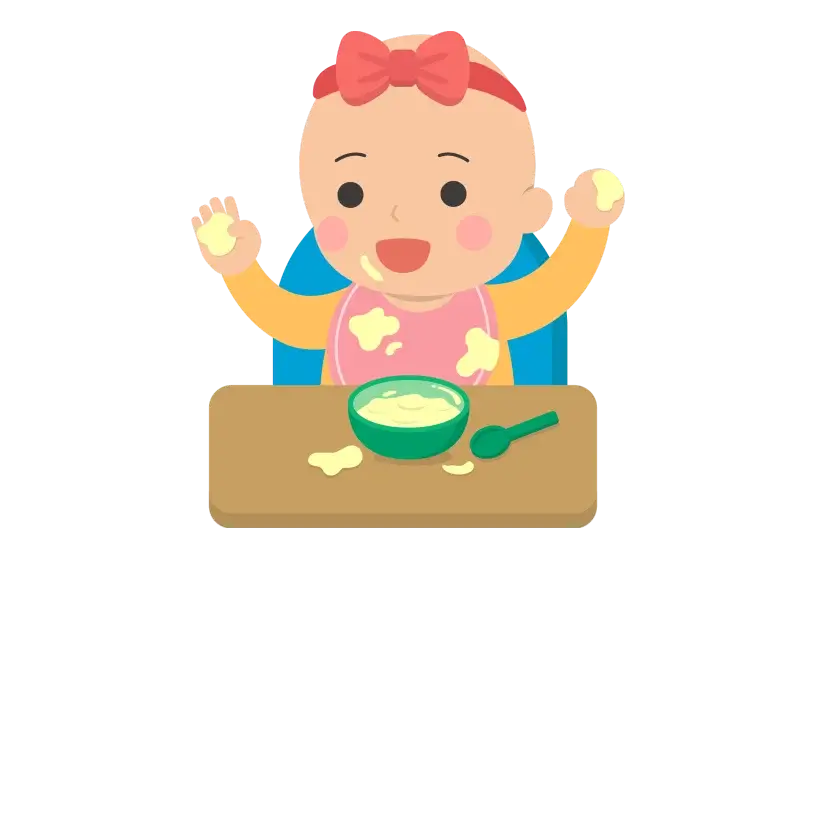
Toddlers express their food preferences and dislikes as they expand their vocabulary. It’s common for them to be selective eaters, but offering diverse foods regularly can help broaden their palate. Discussing tastes and smells during meals enhances their awareness of their senses.
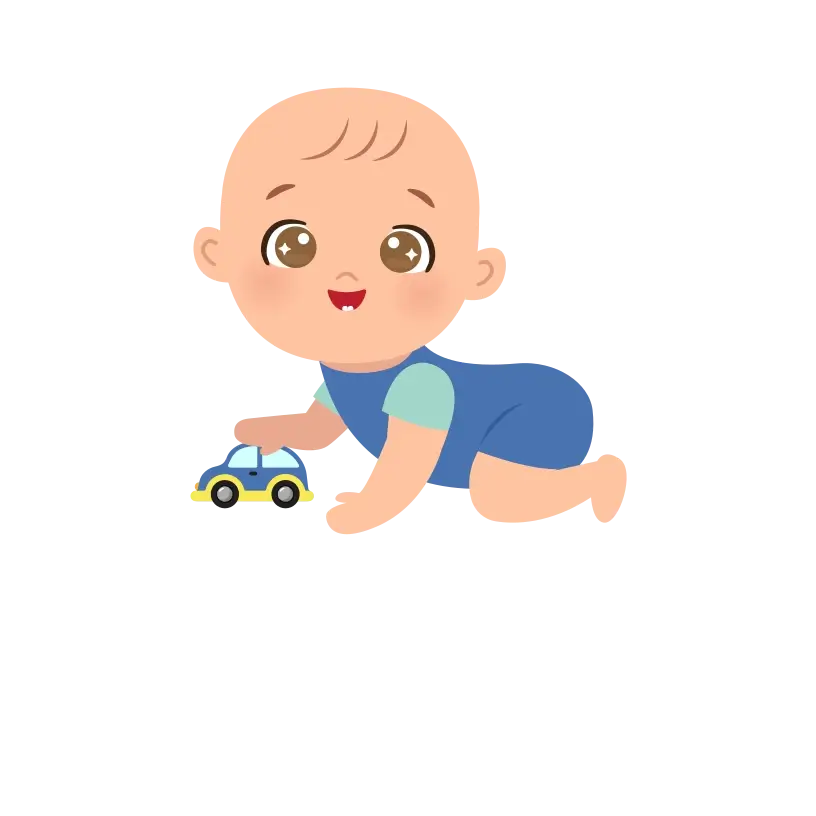
Despite their curiosity, toddlers still crave affection and reassurance from caregivers. Express your love through hugs and kisses to foster their sense of security. Ensure a safe environment by keeping hazardous items out of reach and guiding their exploration. When they display inappropriate behaviour like hitting, gently redirect and employ consistent discipline methods such as time-outs.

As your toddler develops, their eyesight becomes sharper, enabling them to notice finer details and perceive depth by age 2. You can aid their visual growth by exposing them to vibrant books, stimulating toys, and playdates with peers their age. Various environments, like parks or grocery stores, also introduce them to new visual stimuli to explore.

Before speaking, toddlers can comprehend and follow simple instructions by around 21 months. They also start recognizing familiar objects and people. While still mastering language, toddlers enjoy listening to music, playing with friends, and communicating through gestures.

Toddlers express their food preferences and dislikes as they expand their vocabulary. It’s common for them to be selective eaters but offering diverse foods regularly can help broaden their palate. Discussing tastes and smells during meals enhances their awareness of their senses.

Despite their curiosity, toddlers still crave affection and reassurance from caregivers. Express your love through hugs and kisses to foster their sense of security. Ensure a safe environment by keeping hazardous items out of reach and guiding their exploration. When they display inappropriate behaviour like hitting, gently redirect and employ consistent discipline methods such as time-outs.
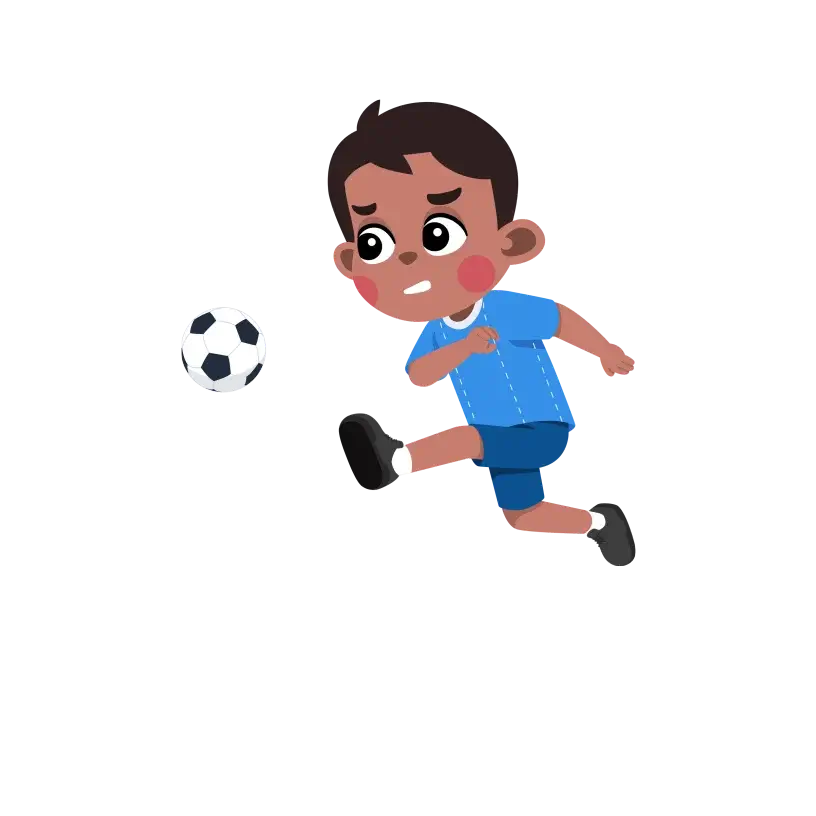
At 21 months old, your child may be able to kick a ball, showing improved coordination and motor skills. This activity helps develop their gross motor skills and coordination.

Many children can run short distances with increasing speed and coordination by 21 months. Running is a significant milestone in gross motor development and reflects your child’s growing strength and balance.
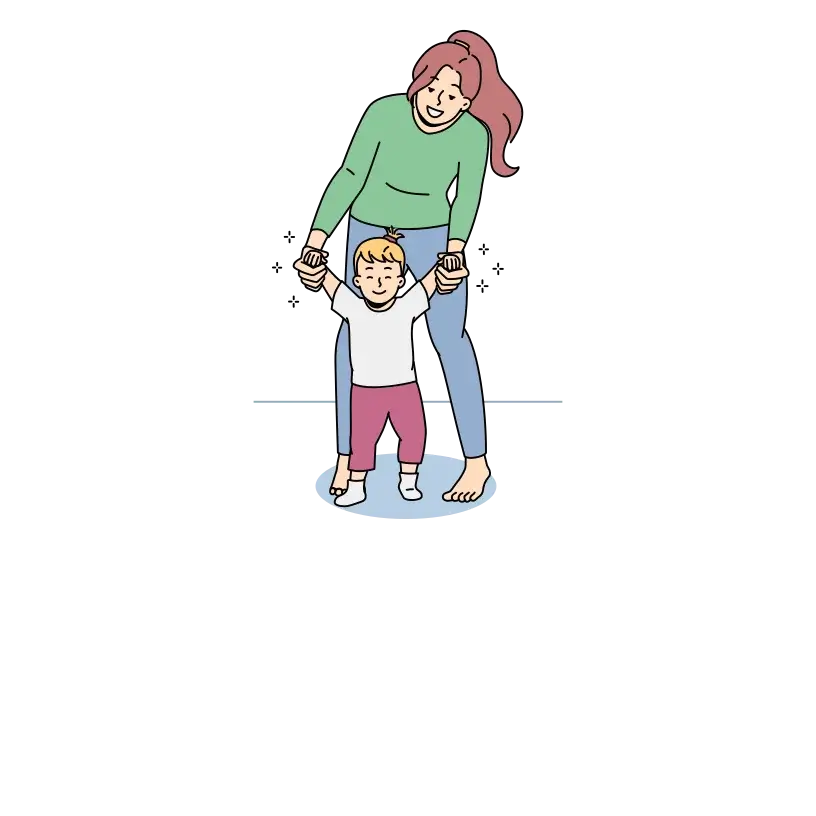
Your toddler may be able to navigate stairs by walking up a few steps with or without assistance at 21 months old. This demonstrates their developing balance, coordination, and confidence in mobility.

At this age, your child may show interest in using utensils independently, such as a spoon. They may begin to scoop food and bring it to their mouth, although they may still need assistance and practice to master this skillfully.
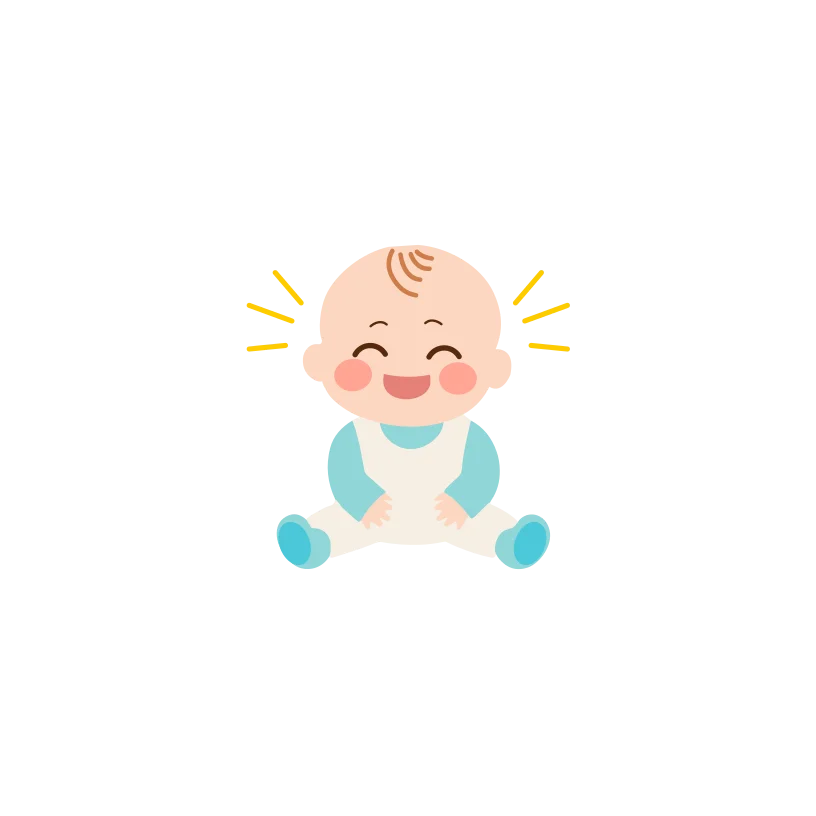
Say at least two words together, like “More milk” By 21 months, many toddlers begin to combine words to form simple phrases or sentences, such as “more milk” or “big dog.” This marks a significant milestone in language development as they progress from single words to more complex communication.

When asked, your toddler may be able to identify and point to specific body parts, such as nose, eyes, or ears. This demonstrates their growing understanding of language and body awareness.

By 21 months, your child may expand their repertoire of gestures beyond waving and pointing. They may start to use gestures such as blowing kisses, nodding yes, or shaking their head no to communicate and express themselves more effectively.

At 21 months old, your child may be able to kick a ball, showing improved coordination and motor skills. This activity helps develop their gross motor skills and coordination.

Many children can run short distances with increasing speed and coordination by 21 months. Running is a significant milestone in gross motor development and reflects your child’s growing strength and balance.

Your toddler may be able to navigate stairs by walking up a few steps with or without assistance at 21 months old. This demonstrates their developing balance, coordination, and confidence in mobility.

At this age, your child may show interest in using utensils independently, such as a spoon. They may begin to scoop food and bring it to their mouth, although they may still need assistance and practice to master this skillfully.

Say at least two words together, like “More milk” By 21 months, many toddlers begin to combine words to form simple phrases or sentences, such as “more milk” or “big dog.” This marks a significant milestone in language development as they progress from single words to more complex communication.

When asked, your toddler may be able to identify and point to specific body parts, such as nose, eyes, or ears. This demonstrates their growing understanding of language and body awareness.

By 21 months, your child may expand their repertoire of gestures beyond waving and pointing. They may start to use gestures such as blowing kisses, nodding yes, or shaking their head no to communicate and express themselves more effectively.
Cut out a “door” and decorate a large cardboard box with windows and other things to transform it into an indoor playhouse. This DIY project will provide hours of imaginative play and enhanceyour child’s creativity and fine motor skills as they explore and interact with the cardboard house.
Introduce your toddler to matching games and simple puzzles, perfect for their age and developmental stage. Encourage them to identify shapes and colours while working on the puzzle, promoting cognitive skills, problem-solving abilities, and hand-eye coordination.
Take your toddler for a walk outdoors and encourage them to identify and name objects they see. This activity promotes language development and vocabulary expansion as your child learns to recognize and label everyday objects. You can also practice naming body parts together, further enhancing their language skills and body awareness.
Engage your toddler in a fun activity by making different facial expressions together in front of a mirror. Show them emotions like ‘happy’, ‘surprised’, and ‘sad’ while pulling silly faces. Remember that joining in on the silliness with your toddler can lead to contagious laughter that’s hard to resist!
Keep a variety of art supplies, such as paper, crayons, colored pens, paints, and chalk, within easy reach for your 21-month-old. Your child likely enjoys scribbling and creating patterns, so having these materials on hand provides an outlet for their creative energy. Messy art activities, such as finger painting, are also likely to be popular with your little artist.
Try not to worry too much if your child is turning down nutritious foods and eating what seems like only a small amount for dinner. It’s normal for 21-month-olds to be picky eaters. They’re not growing as quickly as they did in their first year, and let’s face it, saying “no” to eating is part of your toddler’s behaviour. The best you can do is to keep offering nutritious food options, choosing and preparing food together, and trust that your child’s appetite and eating habits will balance over time.
It’s common for toddlers around 21 months old to start attempting to climb out of their cribs. This behaviour usually signals that they become more physically active and curious about their surroundings. However, it’s essential to ensure their safety by considering transitioning them to a toddler bed or taking appropriate measures to prevent falls from the crib.
While not talking at 21 months old could potentially signal a language disorder, it’s not always conclusive. Each child develops at their own pace, and some may begin speaking later than others. However, if a child shows no attempts to communicate, doesn’t respond to their name, or significantly lags behind peers in speech development, it’s advisable to consult a paediatrician.
It’s not necessarily too early to consider potty training your 21-month-old if they show signs of readiness. However, it’s essential to avoid pressuring your child and to ensure that they are genuinely prepared for the process. Every child develops at their own pace, so it’s okay to start if you feel they are ready, but remember that it’s still early in their development.
Introducing various foods to your child as they begin solids is key to preventing picky eating habits later on. Lead by example with healthy eating habits, as children are more likely to follow suit if they see you enjoying nutritious foods. Engage your toddler in grocery shopping and meal preparation activities, allowing them to help with simple tasks like mixing or measuring ingredients. This involvement instils a sense of ownership and pride, making them more willing to try new foods. Additionally, offer fun and healthy snacks like cut-up fruits and veggies when on the go to encourage nutritious eating habits outside of meal times.
Try not to worry too much if your child is turning down nutritious foods and eating what seems like only a small amount for dinner. It’s normal for 21-month-olds to be picky eaters. They’re not growing as quickly as they did in their first year, and let’s face it, saying “no” to eating is part of your toddler’s behaviour. The best you can do is to keep offering nutritious food options, choosing and preparing food together, and trust that your child’s appetite and eating habits will balance over time.
It’s common for toddlers around 21 months old to start attempting to climb out of their cribs. This behaviour usually signals that they become more physically active and curious about their surroundings. However, it’s essential to ensure their safety by considering transitioning them to a toddler bed or taking appropriate measures to prevent falls from the crib.
While not talking at 21 months old could potentially signal a language disorder, it’s not always conclusive. Each child develops at their own pace, and some may begin speaking later than others. However, if a child shows no attempts to communicate, doesn’t respond to their name, or significantly lags behind peers in speech development, it’s advisable to consult a paediatrician.
It’s not necessarily too early to consider potty training your 21-month-old if they show signs of readiness. However, it’s essential to avoid pressuring your child and to ensure that they are genuinely prepared for the process. Every child develops at their own pace, so it’s okay to start if you feel they are ready but remember that it’s still early in their development.
Introducing various foods to your child as they begin solids is key to preventing picky eating habits later on. Lead by example with healthy eating habits, as children are more likely to follow suit if they see you enjoying nutritious foods. Engage your toddler in grocery shopping and meal preparation activities, allowing them to help with simple tasks like mixing or measuring ingredients. This involvement instils a sense of ownership and pride, making them more willing to try new foods. Additionally, offer fun and healthy snacks like cut-up fruits and veggies when on the go to encourage nutritious eating habits outside of meal times.
1. Center for Disease Control and Prevention: Birth to 24 months: Boys: Length-for-age and Weight-for-age percentiles
2. Center for Disease Control and Prevention: Birth to 24 months: Girls: Length-for-age and Weight-for-age percentiles
3. Center for Disease Control And Prevention: How to use Ignoring
4. Children’s Minnesota: The Senses and Your 1-to-2-years
5. Healthy Children: 10 Tips for Parents of Picky Eaters
6. Healthy Children: Language Delays in Toddlers: Information for Parents
7. Healthy Children: How Pediatricians Screen for Autism
8. Healthy Children: Nightmares, Night Terrors & Sleepwalking in Children: How Parents can Help
9. KidsHealth: Nutrition Guide for Toddlers
10. Mayo Clinic: Potty Training: How to get the job done
11. Raising Children: 1-5 Years: Young Children’s Health: What to expect
12. Sleep Foundation: How much sleep do babies and kids need?
13. Unicef: Feeding your 1-2 years
© Mindsmaking 2024